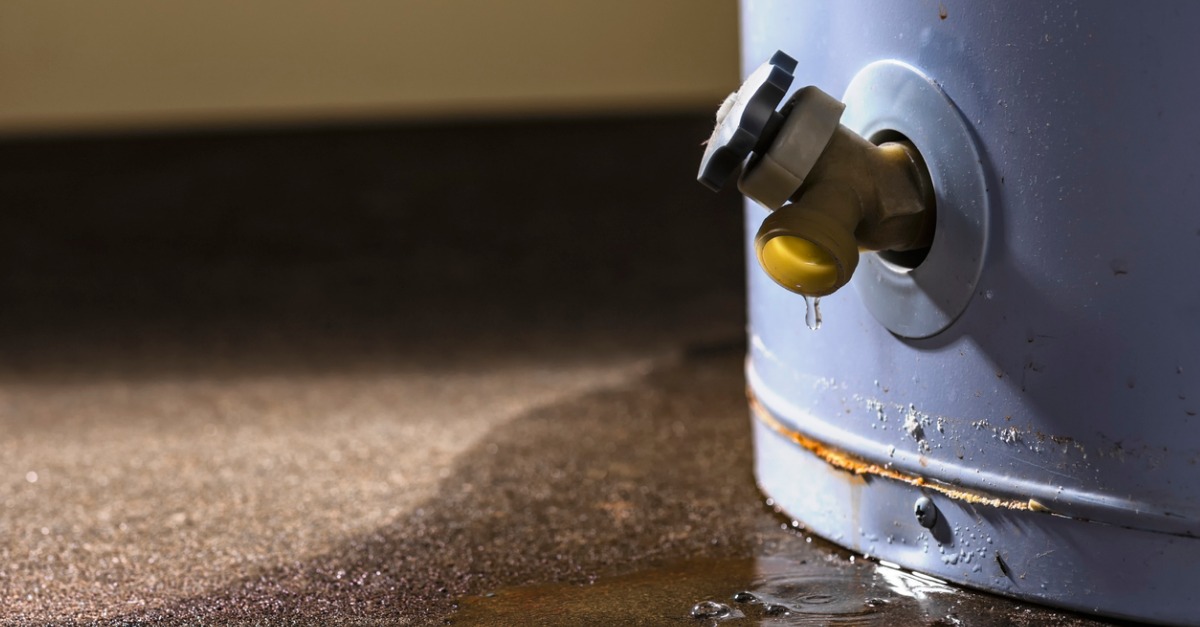Share

6 Potential Problem Areas in a Home
Pests, carbon monoxide and mold”oh my! These hazards can be hiding in a home and, if left unchecked, could cause serious health issues or become costly. Thankfully, these and many other issues are easily manageable. If you want to ensure your home isnt at risk, HomeAdvisor suggests starting with these six possible household problems:
1. Unknown Termite Problem.Termites can do serious damage to your home each year without many warning signs. While detecting evidence of termites can be difficult, addressing the issue is simple. Many pest control specialists will offer a personalized solution and provide information about preventing termite damage. If you live in an area thats prone to termites or you suspect your home has termite damage, consult a professional.
2. Environmental Threats.Unknown to many homeowners, general home inspections might not check for some safety factors. Unless you specifically include an item for examination, many inspectors will not check for asbestos, radon gas, lead paint, toxic mold or pests. If left unmitigated, these contaminants could cause serious damage to your home and health. Call a specialist immediately if you suspect your home is at risk. In addition to inspecting your home for toxic contaminants, a specialist will identify the best course of action to remove offending hazards.
3. Leaky Plumbing.On average, plumbing leaks account for 10,000 gallons of wasted water each year, enough to fill a swimming pool. In fact, if your toilet is constantly running, you could be wasting 200 or more gallons of water each day”thats 73,000 gallons of water every year. Plumbing leaks can significantly add to your water bill. However, fixing them is as easy as taking a trip to the hardware store or hiring a plumber.
4. Inefficient Water Heater.Replace your water heater if it doesnt heat efficiently or requires constant repair. The average replacement cost is estimated at under $1,000. In addition to reduced energy efficiency, faulty water heaters can also pose a safety threat. Damaged heaters can explode, causing severe damage to your home and potential injury to household members. Consider having a pro inspect your water heater for signs of failure.
5. Carbon Monoxide.Carbon monoxide is a major safety issue all homeowners should address. Fortunately, there are easy ways to protect your household, such as installing carbon monoxide detectors and ensuring the proper function of your gas-, oil- and charcoal-burning appliances.
6. Water Damage.Preventing water damage is simple. Begin by inspecting your gutters for clogs. Sticks and leaves can collect in your gutters and cause water to pool near your home. Standing water will seep into the soil and damage your homes foundation and basement. Next, look for leaky pipes and faulty connections. Slow drips can cause mold and mildew growth over time. Constant moisture will also damage your flooring, subflooring and ceiling if the leak is in your second story. If you discover mold or water damage, call a specialist to protect your home and family.
Published with permission from RISMedia.
STAY IN THE LOOP


